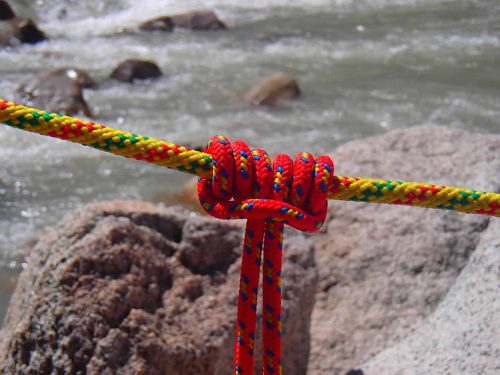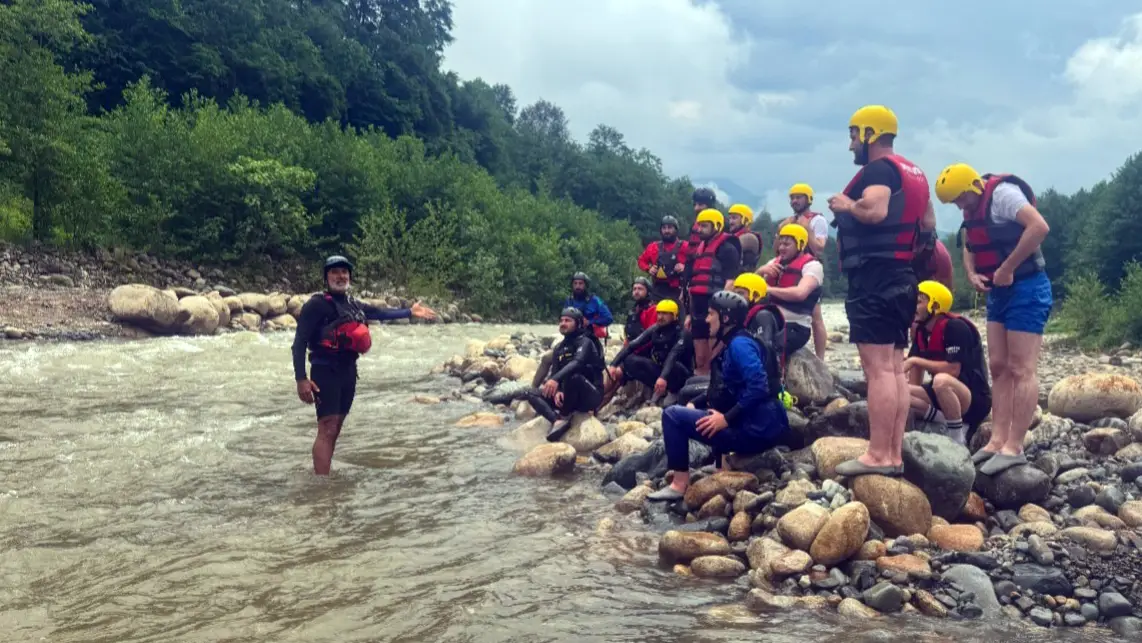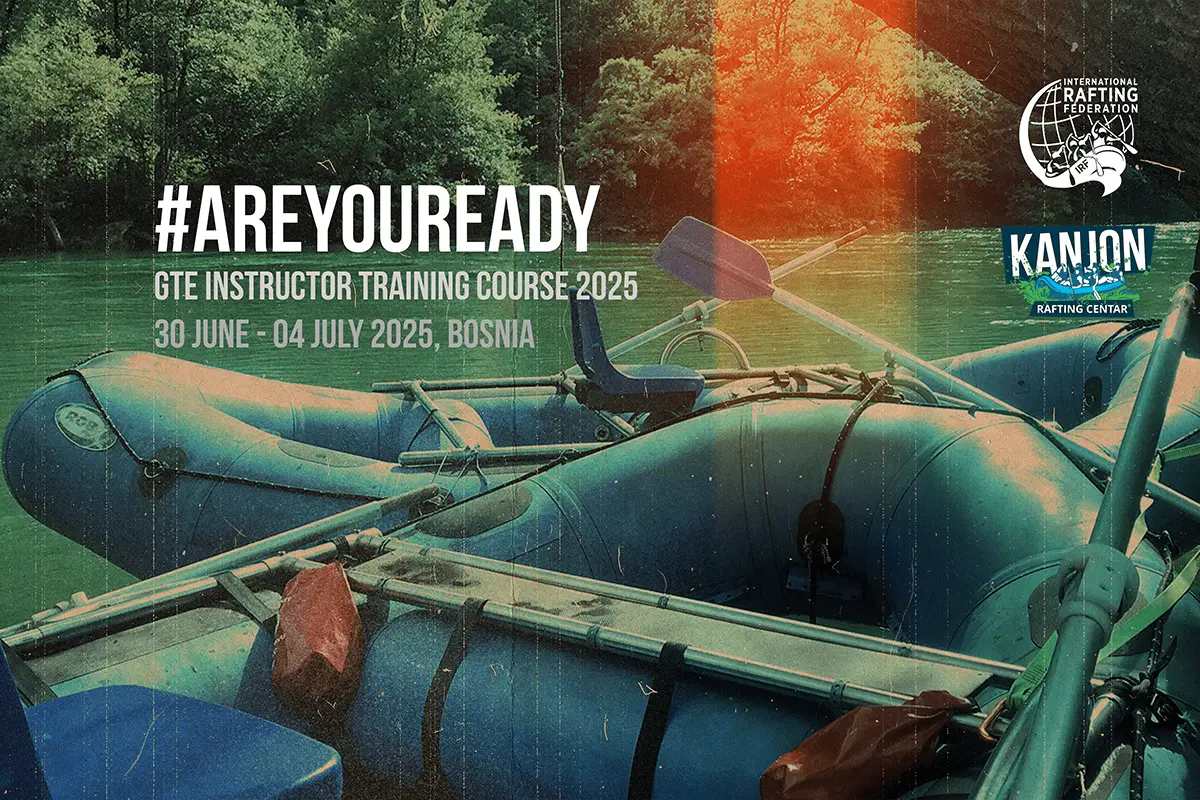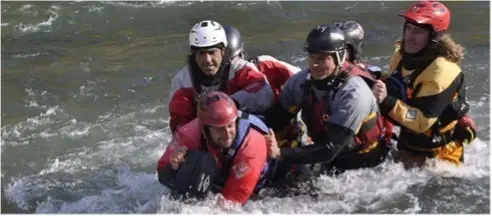Over the past week several countries have started lifting COVID-19 stay at home orders and other restrictions in a phased way even though the pandemic is far from being over. Re-openings are taking place due to various reasons, while health experts warn that the virus will likely continue to be a health risk for many months or years.

IRF Guide Training and Education (GTE) Instructors are looking at resuming GTE guide workshops in some of these areas, and so the GTE Committee is developing an action plan for minimising the spread of COVID-19 as part of the overall GTE policy (this can now be found under Instructor Resources). As a general policy, the IRF always puts the health and safety of our employees, athletes, instructors, volunteers and event participants above all other considerations.
In the interim, before a specific COVID-19 policy for GTE workshops is codified, several GTE Assessors have offered advice on conducting workshops during these difficult times. This advice is for informational purposes only and is not offered as official advice by the IRF, nor intended to supersede potential conflicting advice from any codified IRF policy, nor the advice and instructions of local and international health authorities:
- The best way to prevent and slow down transmission is be well informed about the COVID-19 virus, the disease it causes and how it spreads.
- To protect themselves and others from infection, all GTE Instructors are expected to follow World Health Organisation (WHO) guidelines and recommendations, even if they are more strict than local requirements. Specific details can be found in WHO publications, such as Protecting yourself and others form the spread of COVID-19 and especially Getting your workplace ready during COVID-19. This includes, but is not limited to ensuring proper social distancing can be achieved; the correct sanitation of any classrooms, changing rooms, and any other appropriate areas or equipment used during the duration of the workshop; regular washing of hands and avoiding touching ones face. Social distancing requirements will undoubtedly require modifications in how IRF workshops are typically conducted, particularly during drills and skill demonstrations onboard rafts.
- In addition to following WHO guidelines, all local legal restrictions that govern gatherings (which any instructor or assessor must inform themselves of before offering a workshop), should also be followed.
- A course register of the details of the students attending must be kept in order to assist investigations should a COVID-19 outbreak be traced back to the workshop.
- Students full name
- Residential address
- Date of birth
- Email address
- Telephone number
- Check with personal liability insurance providers of any changes to liability insurance policies as a result of operating under the COVID-19 pandemic.
- Create or edit any pre-course liability release waivers to include any social distancing guidelines that should be highlighted to the students prior to the commencement of a workshop.
The IRF are working on strategies on how to go rafting after restrictions are lifted but COVID-19 is still in evidence, and will soon publish this. If you have innovative ideas about how to do this, send them on to IRF media!
Stay safe out there!
#RaftersAreAwesome #internationalrafting #strongertogetherbutapart #weareirf




